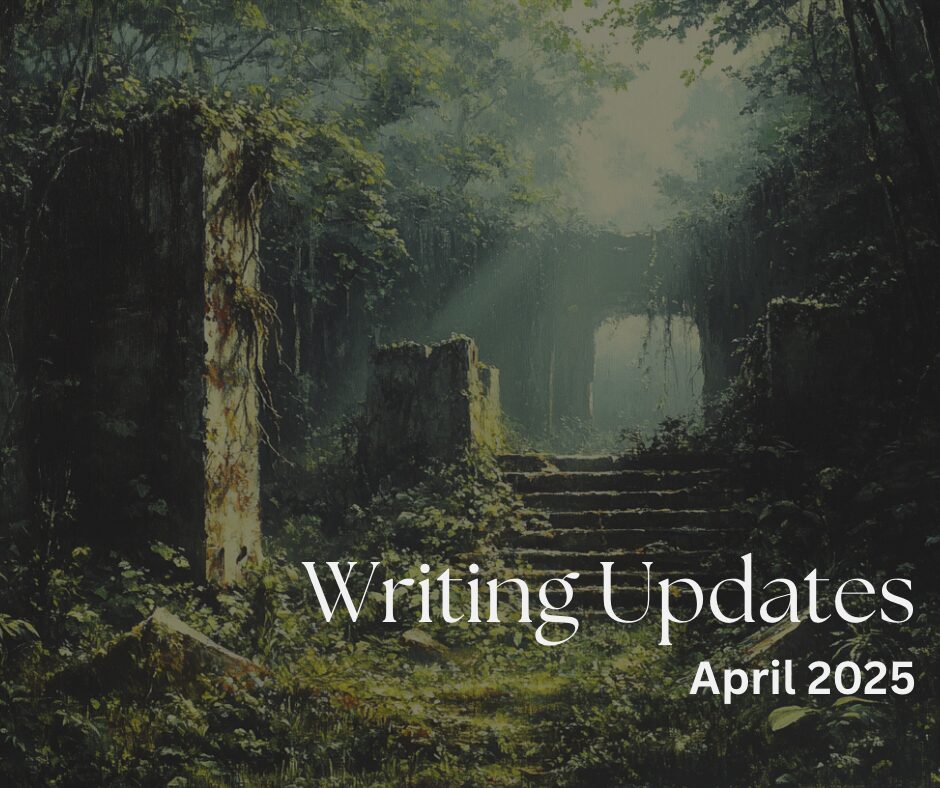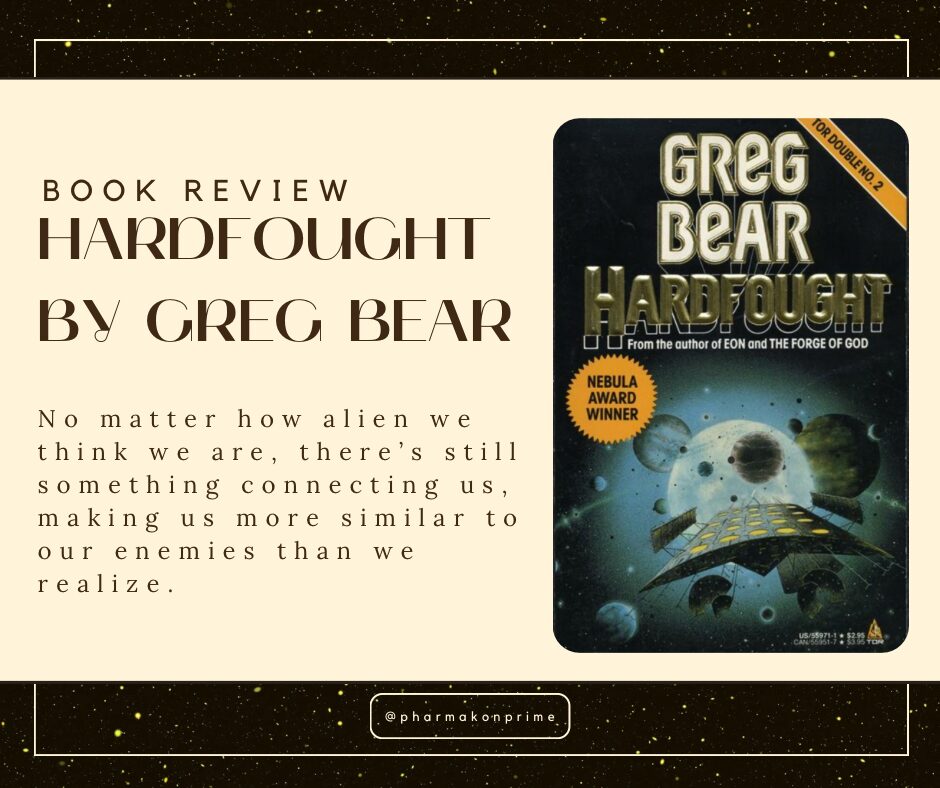When I first started writing in earnest, I read that Stephen King and Brandon Sanderson and other write daily, rain or shine, in sickness and in health. I heard that if you want to be a better writer, you need to make it a habit and write every day.
The more I write, though, the more convinced I am that most people aren’t going to reach that lofty goal. Most people have families, get sick, have to take care of their dog or spend the day arguing with insurance. While a few people might recharge their energy by writing, a lot of us use energy to write.
The way I think of it is like this: writing requires a certain amount of emotional and intellectual energy. If that energy is sucked up by other things, like preparing for the birth of a baby, searching for a job, or caring for an ailing parent, there isn’t going to be as much of that emotional or intellectual energy available. Mental illness or social problems can siphon away that currency too.
What I’m Doing During the Tough Times
Right now, I’ve got a lot of things going on. Family illness, personal mental health struggles, etc. I’ve really struggled to find the energy to work on Shackles because my mental and emotional energy has been sucked up by life.

So instead of trying to force myself to work on a book that I know requires a lot of energy, I’ve been working on something that’s recharging my energies instead: a Star Wars Clone Wars/Bad Batch fanfiction story. There’s no stress attached to it: I can’t make money off it, I can practice writing and story structure without feeling like I have to make everything perfect, and I genuinely am having fun playing in a universe that I have loved since I was little.
Writing Before Amazon
These days, Amazon controls about 80% of the market share for ebooks. If you want your book to be seen and bought, you make sure your books are sold through Amazon.
But this comes at a price. Amazon’s algorithm promotes promotes books and authors that write a lot: many self-published authors swear that if you are writing less than a book per month, other books will supersede yours in the search and you’ll sink into oblivion, lost to the depths of the sea of ebooks. (You also must pay fistfuls of cash to Amazon for ads, but that’s another discussion for a later date.)
Compare that to how often writers of the past have published their books. Most writers throughout history haven’t pumped out half a dozen books per year. If they wrote a lot, they would produce a book a year. Other writers spent years—even decades—writing a single book. Just because technology changes and Amazon’s algorithm begs for an unending supply of stories, or readers come to expect authors to spit out books like machines, it doesn’t mean that it’s good for us as writers or good for our books.
I understand that this attitude will never make me rich or famous. Maybe not even successful. But I’m healthier, more satisfied with my books, and happy with my relationships than if I hadn’t decided to go at my own pace and write the stories that I need to at any given moment. All these things are worth the sacrifice to me.
Conclusion
This is a personal decision. I decided that the chances of me becoming successful with my writing were too low to justify selling my soul and my health for. Other people might be more comfortable with the risk or more confident in their abilities. But I wanted to write this to remind people—including myself—that it’s ok and healthy to recharge your batteries and not beat yourself up over not writing or writing the “wrong” thing when times get tough.



